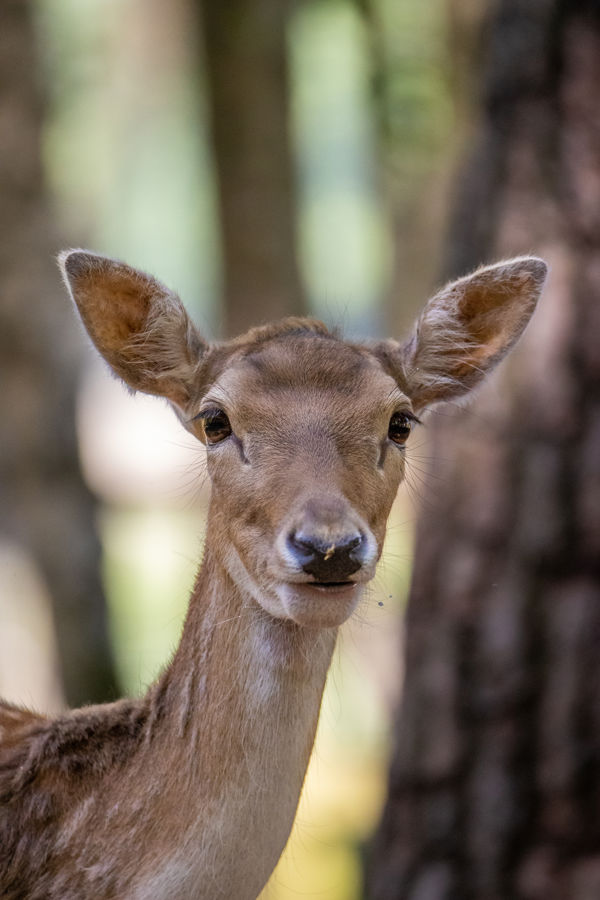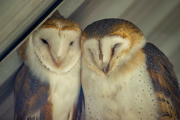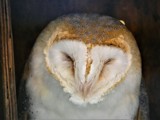Barn Owl
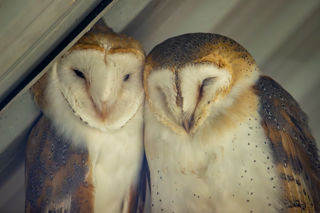
General information
Barn Owls are the most widely distributed species of owl globally, with the greatest selection of names including “Silver Owl” and “Church Owl.” With distinctive heart-shaped faces and pure white underparts, this owl is a much-loved bird in the UK. Unexpectedly, their call is a loud screech that can be frightening to hear at night!
Barn Owls are best seen at dusk and dawn when they are hunting small mammals and birds, the short-tailed vole being a favorite.They are able to hunt on sound alone. In flight, the left ear catches sounds from below and the right ear focuses on sounds from above. Amazingly they can hear a mouse’s heartbeat from up to 8m away!
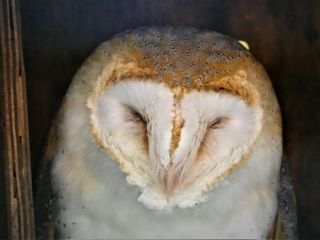
Latin name - Tyto alba
Class - Aves
Order - Strigiformes
Family - Tytonidae
IUCN Status - Least concern
Habitat - Rough grasslands, savannah, farmlands
Distribution - Found globally but not in deserts and polar regions
Average Lifespan
4 years in the wild. 20 years in captivity
Threats
Eating poisoned prey, starvation and flying low across roads.
Fun Fact
On average a Barn Owl eats about 4 small mammals per night which is 1,460 per year.
Our Residents
We have four Barn Owl residents at the Park. Twiglet, who is Hobbit's sister, lives in the Barn Aviary in the Deer Encounter with Soren, our male. Living in our aviaries behind the gift shop are Hobbit and Muckle. Both females were hatched in 2013 by a private breeder, and joined us at just 3 weeks old. Hobbit is trained to sit on the glove for educational talks to raise awareness about this iconic British Owl species as their wild population numbers continue to decline.

Sign up to our newsletter
Join our mailing list in order to keep up to date with park news and special offers.

